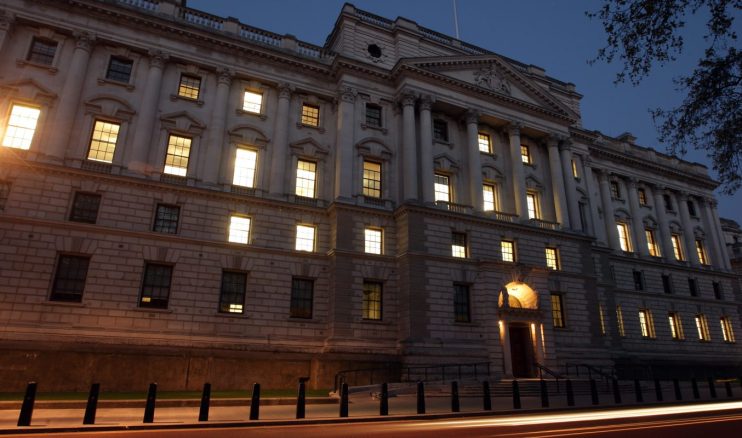OBR chief: Governments have been ‘gaming’ fiscal rules, meeting ‘letter not the spirit’ of financial guidelines

Successive governments have been “gaming” the fiscal rules, chair of the Office for Budget Responsibility (OBR) said, in a warning shot to the Conservatives as they consider tax cuts in the upcoming Spring Budget.
Speaking in the House of Lords’ Economic Affairs Committee, Richard Hughes suggested that governments often relied on charitable interpretations of costs to make the maths add up.
Although fiscal rules have been beneficial for the Treasury’s credibility on the whole, Hughes said the rules incentivised the government to “meet the letter but not the spirit of the rules”.
“We’ve seen some of that in the UK with successive fiscal rules,” Hughes said.
Hunt’s main fiscal target is to get the debt to GDP ratio falling in five years time, which Hughes described as a “mañana rule” since it never actually requires debt to fall.
“Because its a rolling rule, that point is always rolling into the distance,” Hughes said, noting that the Chancellor “takes full advantage” of the extra year whenever the forecast rolls over.
Hughes also noted that governments often provide unreliable spending plans to ensure the target is met.
For example, Hunt told the OBR that he will raise fuel duty in line with inflation. But the tax has been frozen for the last 13 years despite successive governments promising to increase it.
In addition the Chancellor has not given much detail on post-election departmental spending plans. Indeed, Hughes said it was “generous” to call the plans a fiction.
“Someone has bothered to write a work of fiction, the government has not even bothered to write down what its departmental spending plans are for public services,” he said.
While Hughes was clear about the problems with the UK’s current fiscal rules, he stressed that there was no perfect set of rules.
The comments come as new figures showed the government borrowed substantially less than expected in December thanks to lower interest payments on debt.
Some Conservatives have argued that lower borrowing figures will enable the government to announce a range of tax cuts in the Spring Budget while still meeting the key fiscal targets.
However, Tom Josephs, member of the Budget Responsibility Committee, said “you shouldn’t really read anything into the monthly number”. He pointed out that the undershoot on the OBR’s forecasts were driven by lower interest payments, which were “essentially a one-off”.
Public sector debt was estimated at around 97.7 per cent of GDP, which was 1.9 percentage points higher than a year earlier. National debt stands at levels last seen in the early 1960s.